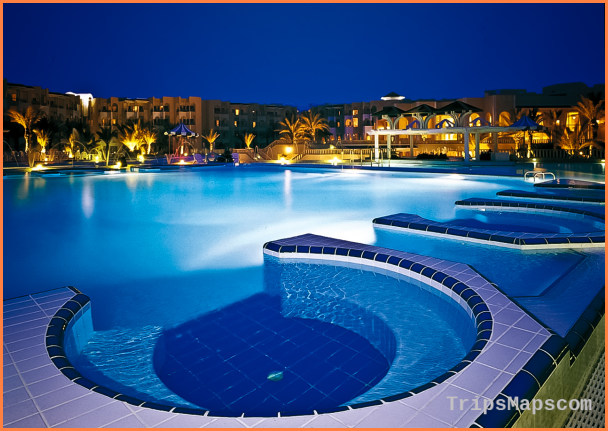Along with all the pleasures of travel, it’s not without its risks. After all, that’s why it’s so important to make sure you have arranged he right travel insurance before you go. But even the best policies can’t protect you from one of the fastest growing areas of global criminal activity cyber-crime.
This means that you need to take certain precautions even before you go, but by following this simple guide it should help to minimise the risks you face.
As part of your preparations you should make sure that the anti-virus software on all of your devices is of good quality and fully up to date especially as there may well be situations when you’re abroad that give hackers even more opportunities to get hold of your information than there are when you’re at home. Alongside this, make sure that all your devices are protected with strong passwords and that usually means using a combination of letters, symbols and numbers.
It’s also important to let all your debit and credit card companies know about when and where you’re planning to travel so they can look out for any unusual spending and block your cards if they notice any.
And remember that social media can be a great place to share your plans and experiences but you should also be aware that giving out too much information about your movements is never a good idea.
BestVPN.com offers the following advice for travelling: Using public Wi-Fi with your laptop and mobile is a very high risk activity without any sort of protection. Hackers can intercept whatever you are doing, and potentially steal your passwords and start using your accounts. Hotels, cafes, restaurants where people are likely to connect to public Wi-Fi are notorious for being easy to hack, especially family ones where even router login settings aren’t changed. If you are travelling and using public Wi-Fi, using a VPN is an absolute must, since it fully encrypts your connection completely.
Also take care about the sites you visit, particularly if you’re giving out personal details or using payment cards. So make sure that you only use secure sites whose address starts with https:// and is accompanied by a padlock symbol.
The less that hackers can find out about you from your devices the safer it will be so you should also make sure that you frequently delete cookies and browsing history. You should also disable any Autofill function if you use it as this can give a wealth of personal information. Turning off Bluetooth and data roaming connectivity when you’re not actually using them is also a wise precaution.
The risk of cyber-crime may still not be over when you’ve returned home so make sure to delete cookies and history again and to re-set your passwords if possible. Also check your bank and credit card statements even more carefully than usual to look out for any fraudulent transactions.
We hope all this advice hasn’t presented too scary a picture of travelling abroad and it’s worth remembering that by just a taking a few simple precautions you’ll be able to keep yourself safe. But it is important to take those precautions to avoid the risk of cyber-crime spoiling what should be a fun and memorable experience.









